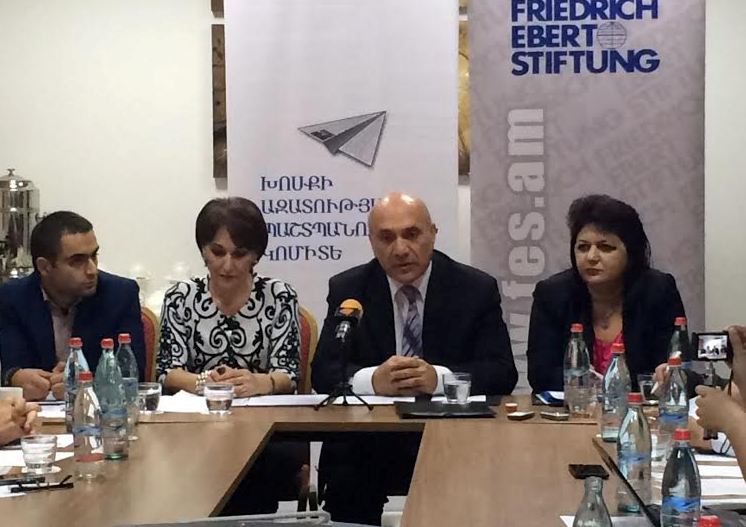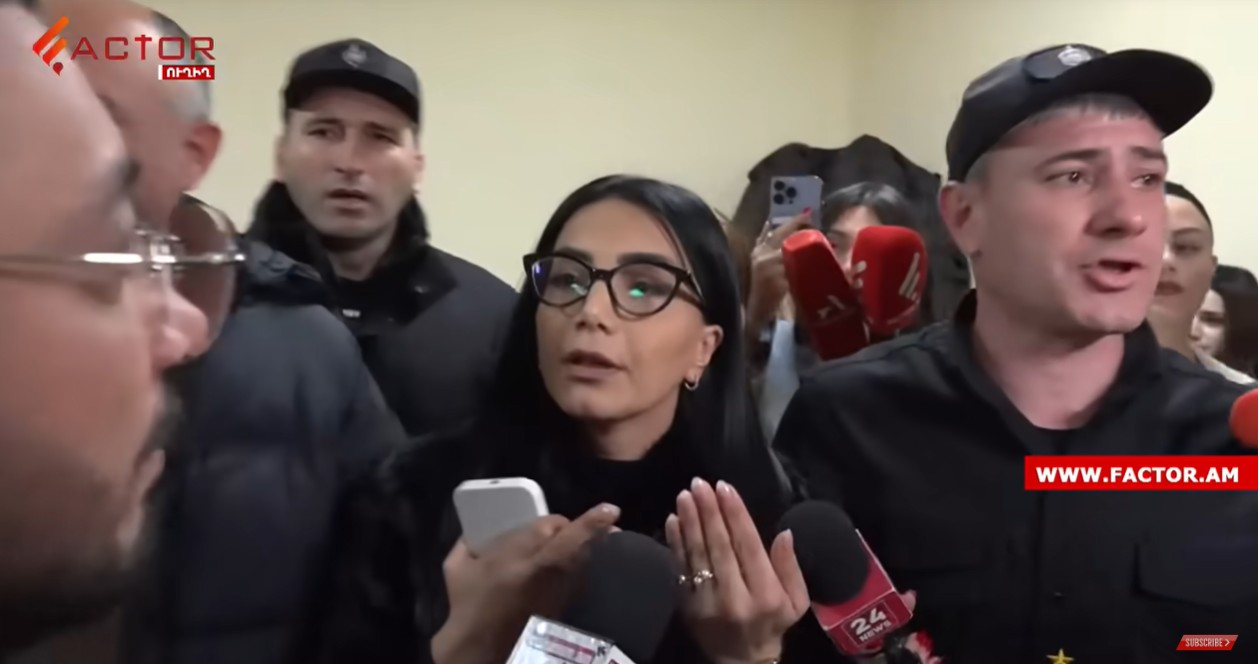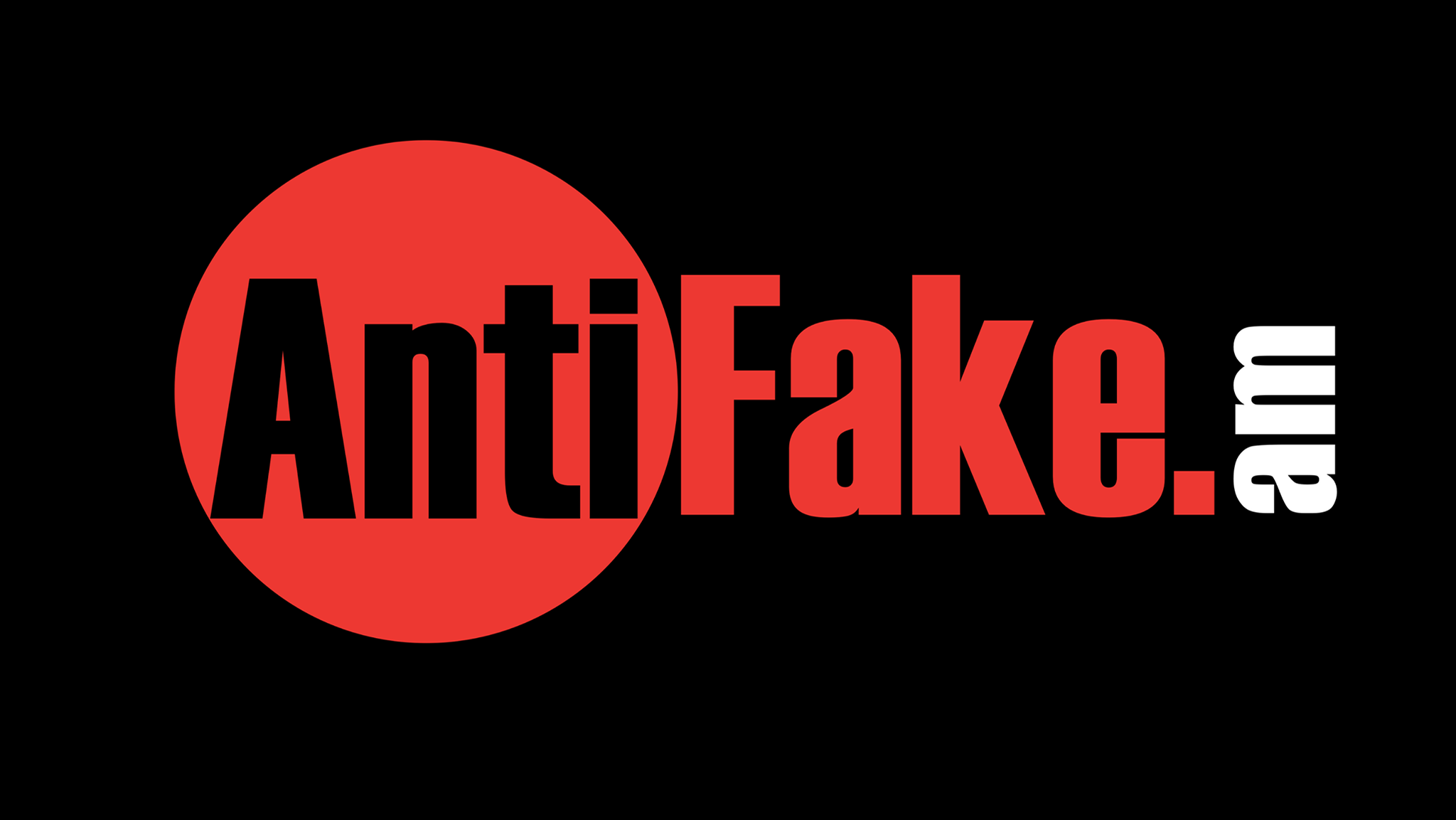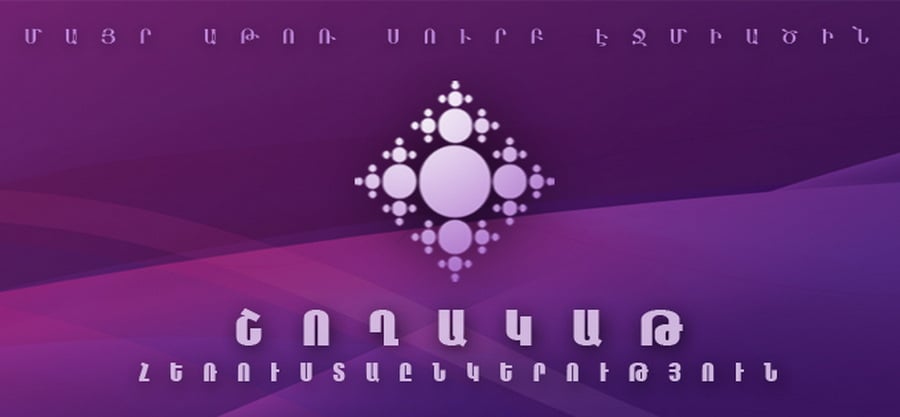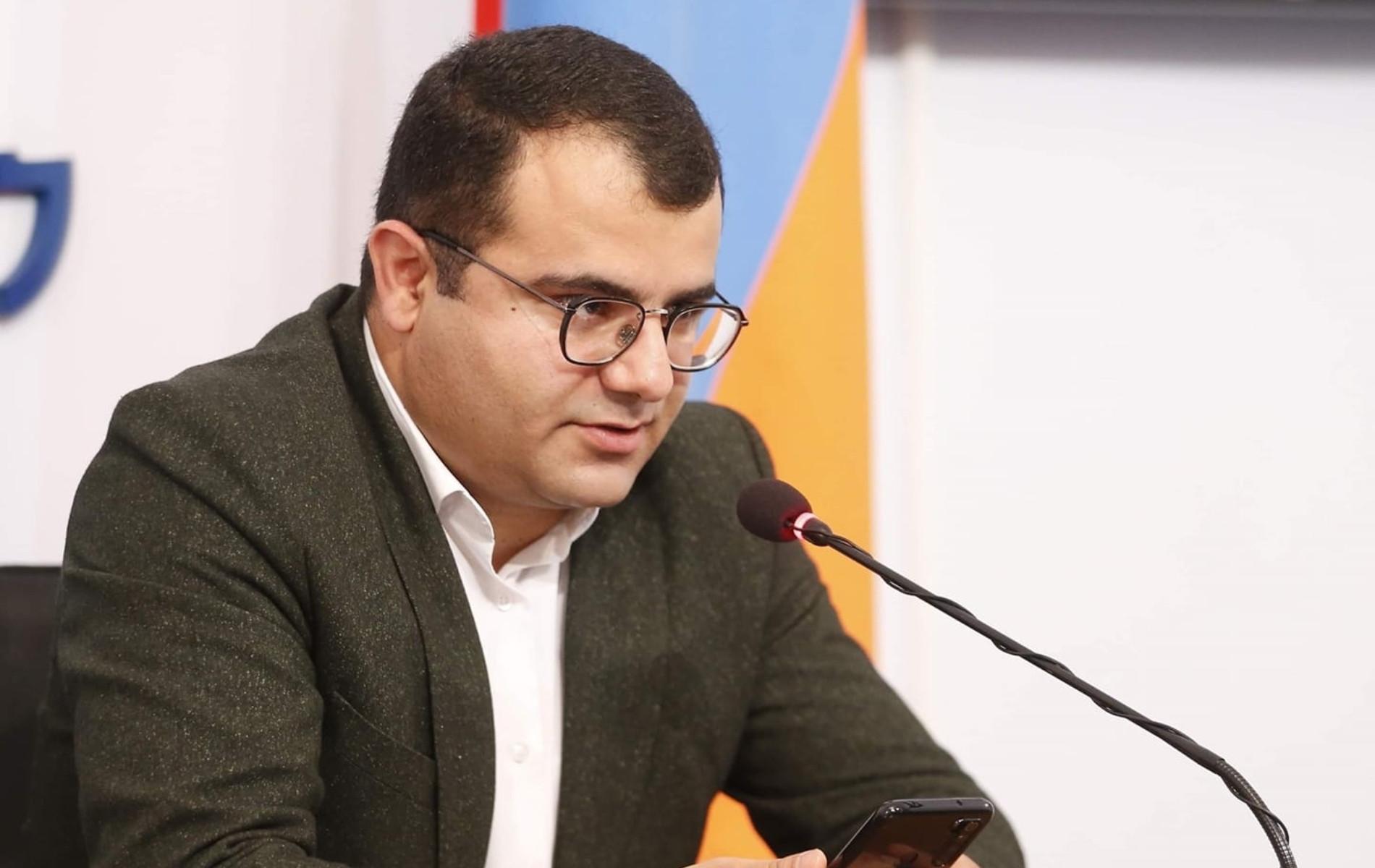Committee to Protect Freedom of Expression, with the assistance of Friedrich Ebert Foundation, organized a round-table discussion at the Congress Hotel Yerevan on October 23 on the topic “Freedom of Information in Armenia: Legislation and Practice”. The discussion was attended by journalists, media experts, human rights activists, representatives of international organizations.
The topic of this round-table meeting became more topical and urgent because on October 15 the Armenian government had approved the rules of registering, classifying and storing information processed or received by an information holder, as well as provision of information or a copy (a photocopy) thereof by public administration and municipal bodies, state agencies and organizations.
The facilitator of the discussion Ashot Melikyan congratulated the journalists on the approval of the Rules, highlighting that formerly innumerable problems occurred with provision of information. In the result of 12 years of consistent fight the Rules were eventually adopted, and these problems can be considered resolved at least in terms of regulations.
Ashot Melikyan opened the discussion with a fresh example of infringement on the right to receive information. According to him, since CPFE continues to follow the criminal case relating to the June 23 events on Baghramyan Avenue, it periodically submits inquiries to government agencies. “In our latest letter to the Special Investigative Service (SIS) we inquired whether after the instruction of the Prosecutor General’s Office the SIS has formed an investigative group, if yes, how many investigators are included in that group, and whether specialists of other law enforcement agencies have been involved in that group or not.” While in answer to the Committee’s previous letter the SIS stated that the requested information is an investigation secret, this time it only answered one of the three questions, informing that the investigative group is going to investigate the case. “In fact, the SIS is still following its style of giving incomplete answers,” the chair of CPFE informed and passed the floor to Liana Doydoyan, the hew head of Freedom of Information Center.
The head of FIC said that the government agencies are forming a new tradition. “If formerly the response of government agencies to inquiries was a tacit rejection, now this has been replaced by vague answers. The newly-adopted Rules gave a clear-cut solution to this problem. If the inquiry has a reference number, consists of several points, the answer should also have a reference number. Otherwise, it will be considered an inadequate response.”
Liana Doydoyan made a presentation on what issues these Rules address and what innovation they bring. In particular, she dwelt on the issues of regulation of electronic inquiries, officials responsible for information, fees charged for provision of information. “Since 1 January 2016, like the written and oral inquiries, the electronic ones will also be considered an inquiry for legal official information which must be replied in accordance with the same Rules. The new Rules have resolved the issue of persons who are responsible for the freedom of information. Formerly, the journalists, the citizens had to make a series of calls to receive the information they needed. According to the new Rules, every agency must have an official in charge of information.”
As to fees charged for provision of information, Liana Doydoyan says according to the new Rules information running on up to ten pages is provided free of charge; starting from the eleventh page the cost per page will be 10 drams.
The lawyer of FIC Gevorg Hairapetyan made a presentation on the judicial practice in the information sphere. According to him, the main issues observed there are related to the time periods of provision of information, “wily” answers, as well as the lack of a transparent culture.
Gevorg Hairapetyan underlined that change has been reported in the style of the government agencies. “Now, they have not started working well but have started pretending that they are working well. The numbers of cases of not responding to inquiries and tacit rejections have decreased. Formerly, inquiries that received such a “response” were 30%, now [they are] 6%. Perhaps they have realized that they become more vulnerable when they do not respond and have started establishing the new practice of giving vague, “wily” answers.”
Despite the aforementioned issues, Gevorg Hairapetyan, nevertheless, said he can observe progress in the activities of the government agencies in terms of provision of information. However, Gohar Veziryan, the editor of the information website Newsbook.am attending the discussion, disagreed with the lawyer of FIC and noted that the experience of a journalist shows something else. “The government agencies used to work more transparently and better, and notified of delay, informed about it, now they don’t. It is not enough that they do not answer, they also procrastinate provision of requested information until the article stops being topical. A journalist is fed up and does not care how his or her inquiry has ended up.”
The FIC representatives told about their experiment. They, journalists and ordinary citizens sent the same inquiry to the government agencies. They responded to the Center but did not respond to the journalists and citizens. “They responded to FIC because they know that we would otherwise apply to court, and they do not respond to journalists because most of them do not apply [to court],” the spokespersons said, calling the mass media and their workers to apply to court in such cases. This is necessary for the government agencies to stop giving vague, evasive and wily answers. Addressing the participants of the discussion, the spokespersons suggested the following: even if you do not have time, let FIC know, “we will apply instead of you.”
Closing the discussion, CPFE Chair Ashot Melikyan also advised the journalists to apply to court themselves or do it through FIC. According to him, this is the only way of teaching government officials to attend to inquiries by journalists.
Lilit Hovhannisyan

